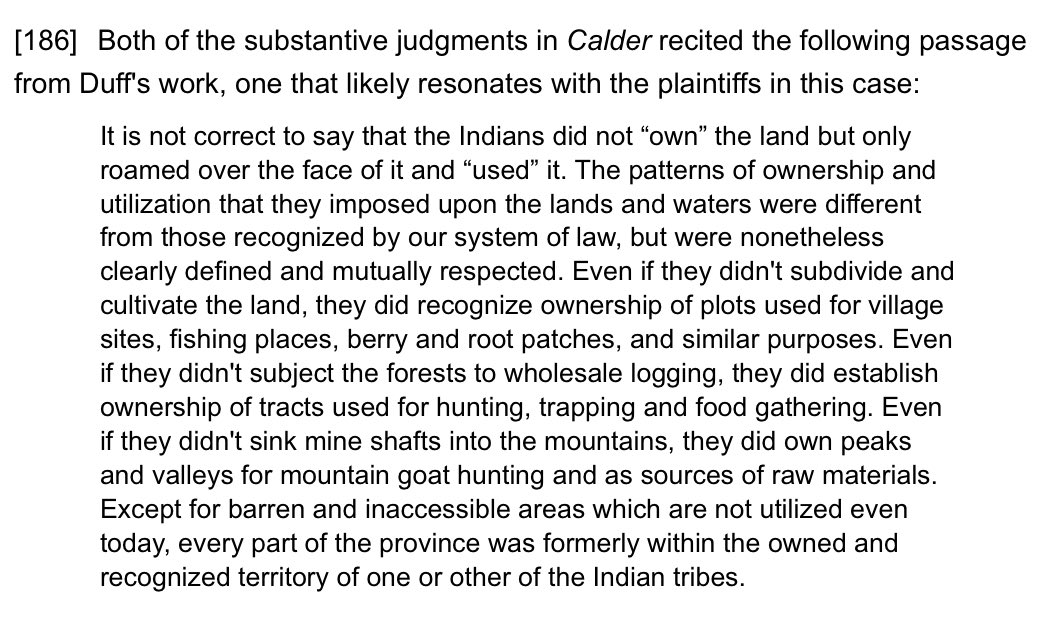The notwithstanding clause is complicated. There are a lot of unsubtle takes about it here on both sides. I can't subscribe to them. But the fundamental issue with s. 33, in my mind, has always been this:
On a plain reading of its terms, s. 33 would allow a provincial legislature to suspend, for five years less a day, the right of Jews (or Muslims or Christians or Sikhs etc) to practice their faiths--and to renew that suspension every five years indefinitely.
Also on a plain reading of s. 33, a legislature could suspend for 5 years less a day the right of free speech. Or the right to liberty. Or the right to equality. Or even the right to life. And maintain those suspensions indefinitely. Now, you can say...
"Well that's what our constitution expressly allows so that's the end of it". But I really struggle to believe that a five-year ban on religious worship (for example) could be considered constitutional in 21st century Canada. In other words, there must be...
...some limits on what legislatures can do by means of s. 33. But we don't want judges simply making up their own limits. That is both undemocratic and un-judicial. If limits are to be imposed, they must have some independent validity and legitimacy.
Where can we find such limits? That, to me, is the discussion we should have. The baseline human rights requirements of international law--which impose rather lower standards than Canadian constitutional law--strike me as one such place. Canada has promised to...
...the world (and its own people) that it will live up to these standards by ratifying international conventions. These standards are therefore not the imaginings of individual judges who happen to sit on the Supreme Court of Canada at any given time. Instead, they...
...have the authority given to them by successive federal governments that have freely accepted these obligations. Of course that is not the same as the legitimacy that would come of legislative approval, both in Parliament and the provinces. But we live in an imperfect world...
...and the baseline provided by international human rights treaties strikes me as a more legitimate basis for reining in s. 33 than judicially made up principles (e.g., the Secession Reference). I'm open to other ideas, of course. But I'm not open to simply accepting...
...that s. 33 permits the most gross violations of human rights and that nothing can be done about that short of constitutional amendment.
• • •
Missing some Tweet in this thread? You can try to
force a refresh

 Read on Twitter
Read on Twitter








